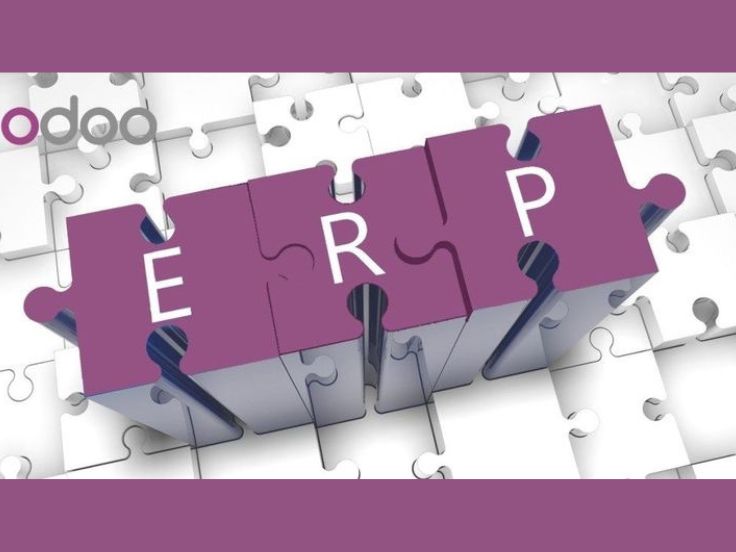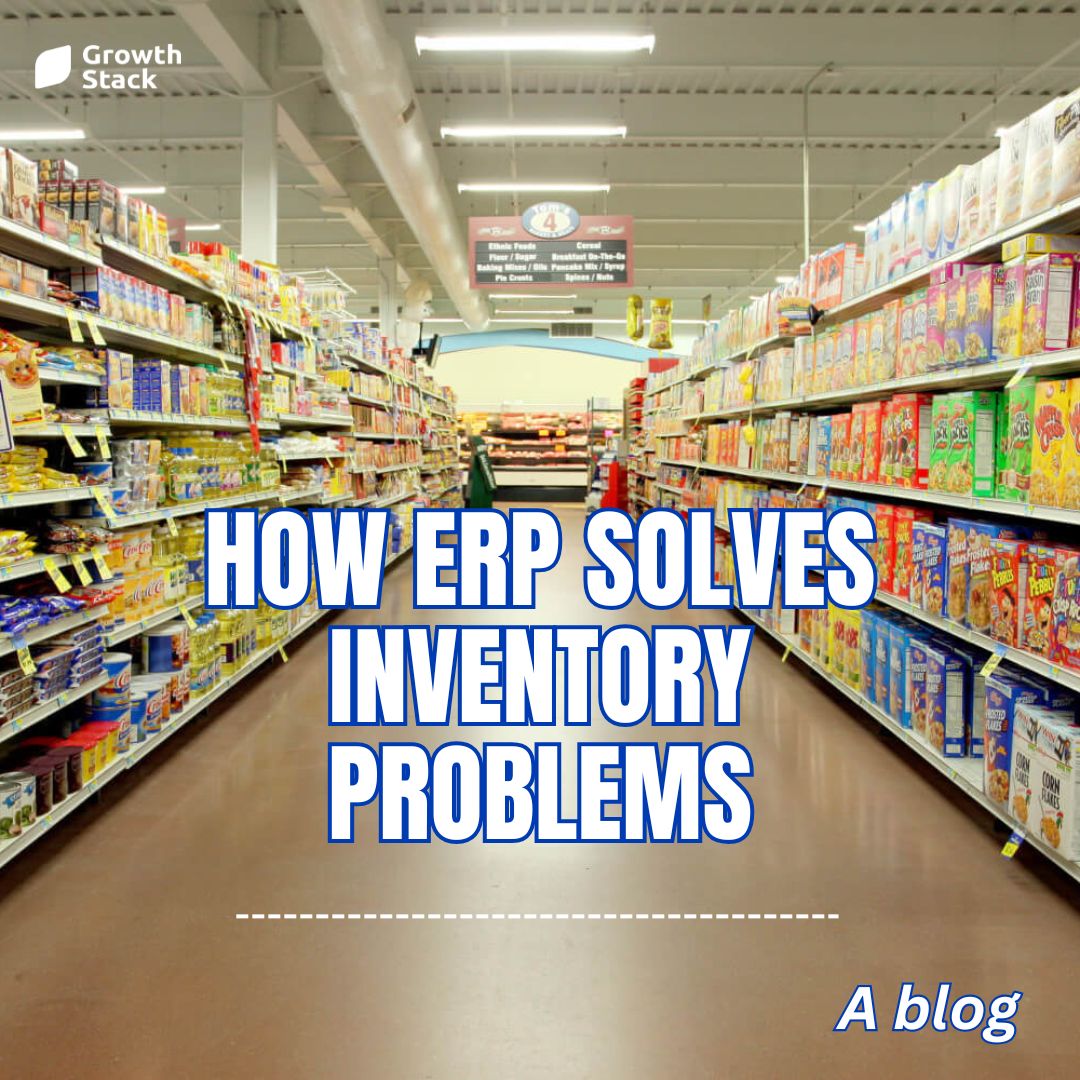Boosting Efficiency and Growth on a Budget.
Introduction:When it comes to successfully managing their operations and fostering growth, small firms frequently confront particular difficulties. Limited resources, labor-intensive procedures, and jumbled systems can reduce productivity and impair the capacity for thoughtful decision-making. ERP (Enterprise Resource Planning) software, however, provides a practical way to get over these challenges. In this post, we’ll look at how ERP may help small businesses develop, modernize their processes, and increase productivity while keeping costs to a minimum.
Comprehensive Integration:The capacity of ERP software to combine multiple business operations into a single system is one of its primary benefits. This implies that several systems and manual procedures can be substituted for small organizations with a single, comprehensive solution. ERP streamlines operations and eliminates data silos, boosting productivity and efficiency in a variety of areas, including financial and inventory management, customer relationship management, and supply chain operations.
Streamlined Operations: Time-consuming, sometimes error-prone manual procedures are a common source of frustration for small firms. By automating mundane tasks like data input, inventory management, and financial reporting, ERP software saves time and effort. Small business owners and workers can concentrate on essential tasks, strategic planning, and delivering excellent client experiences thanks to this streamlining of processes.
Real-time Insights and Decision-Making: Data is essential for making knowledgeable business decisions, but small businesses may find it difficult to have access to accurate and current information. Real-time insights into important indicators, like sales numbers, inventory levels, and financial performance, are provided by ERP systems. Small business owners can make data-driven decisions, grasp opportunities, and quickly respond to market changes when they have access to this invaluable information.
Growth and Scalability: Small businesses sometimes want to extend their business operations. Scalability in ERP software enables companies to add additional features, users, and modules as their needs change. This implies that small firms can start with a fundamental ERP system and gradually add features to it without having to revamp their entire system. ERP programs are adaptable and can handle the changing needs of a developing company.
Cost-effectiveness: For many small firms, budgetary restrictions are a fact of life. As it centralizes and automates processes, eliminating the need for additional staff and manual work, ERP software can be a cost-effective alternative. Small firms can save time, reduce errors, and optimize resource allocation by streamlining processes and removing unnecessary duties. Additionally, cloud-based ERP solutions have low upfront costs and do not require a significant IT infrastructure thanks to their subscription-based pricing models.
Improved Collaboration and Communication: Collaboration and effective communication are essential to the efficient operation of small enterprises. ERP software facilitates better internal communication by offering a centralized location for the exchange of information, documents, and insights. This promotes departmental and team collaboration, lowering misconceptions and raising general effectiveness.
Conclusion: ERP software for small enterprises is an effective instrument that fosters expansion, optimizes productivity, and keeps costs to a minimum. ERP solutions empower small firms to take advantage of growth prospects by connecting diverse company operations, automating procedures, and giving real-time information. Small firms may achieve operational excellence, generate profitability, and effectively compete in the market with the scalability and cost-effectiveness of ERP.










